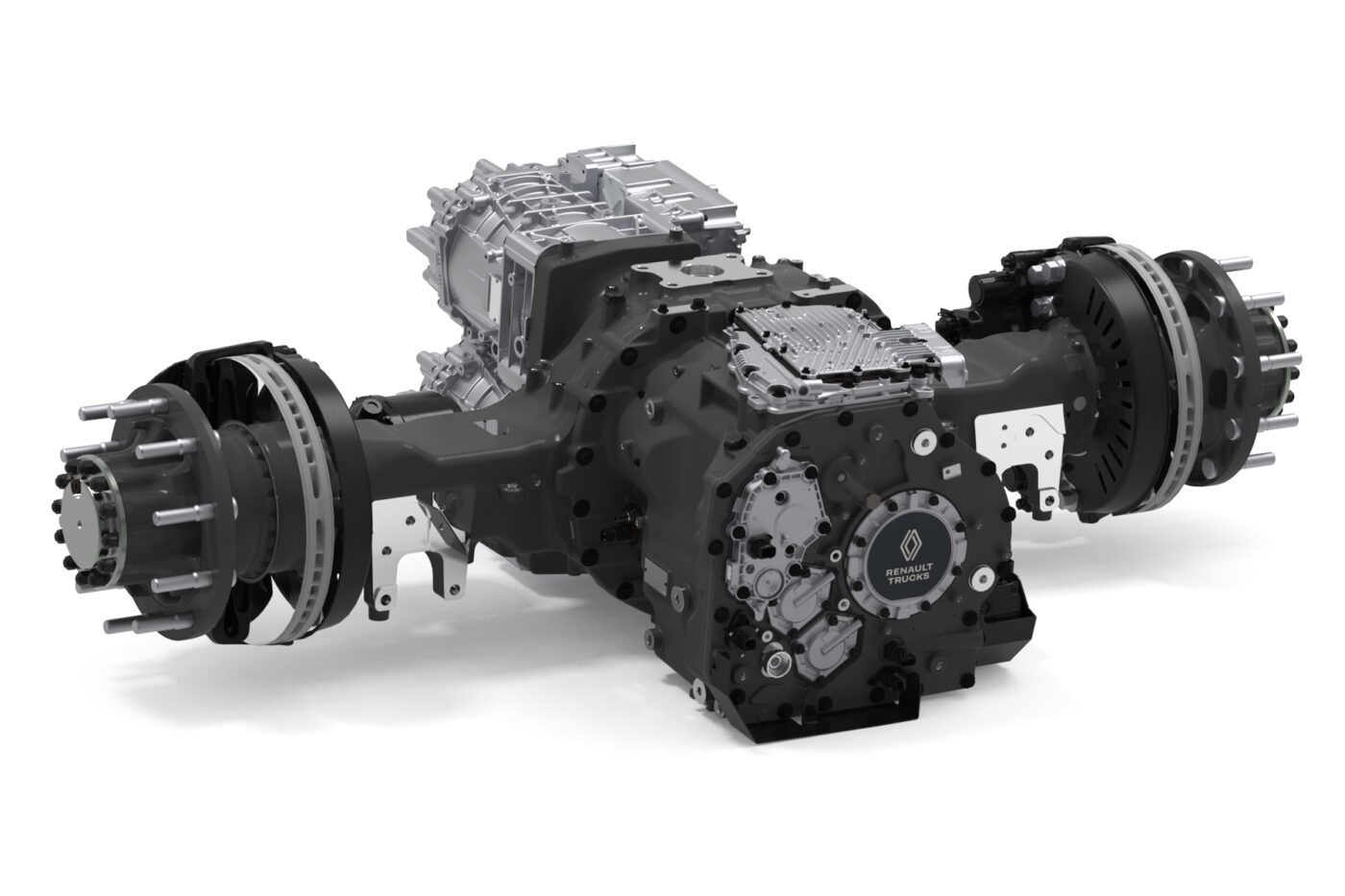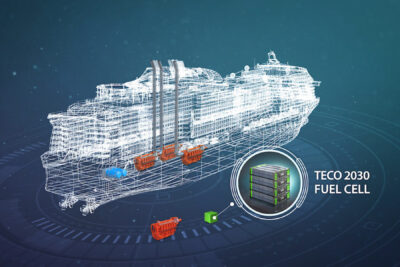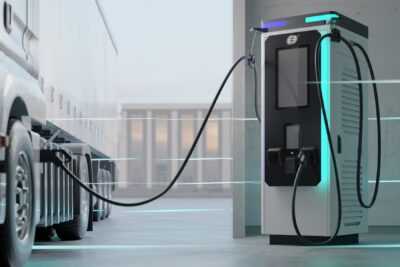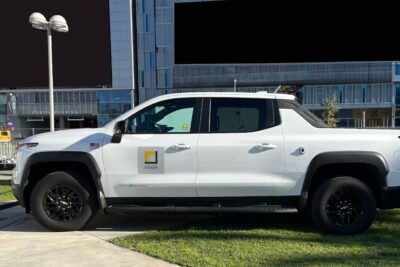Renault Trucks announces electric truck with 600 km range
Following Volvo Trucks, Renault Trucks is now also making its ambitions for electric long-distance transport concrete. In the second half of 2025, the French company wants to open the order books for a long-haul electric truck with a range of 600 kilometres. In other words, slightly later than Volvo Trucks. The Swedes will go first at the market launch.
The announcement does not come as a surprise: electrive had already heard in July at a meeting with Renault Trucks (both Volvo Trucks and Renault Trucks belong to the Volvo Group) that an electric truck with a range of 600 kilometres was in the pipeline. The long-distance truck will thus most likely launch with a similar technology package under the flags of both Group sisters. As it currently stands, it will first be offered by Volvo in the second half of 2025 and then by Renault Trucks in 2026. The new long-haul version will be produced at the French plant in Bourg-en-Bresse.
Renault Trucks remains rather general in its current announcement. There is talk of an “extension of its Renault Trucks E-Tech T model,” intended to supplement the existing solutions and not replace them. According to the manufacturer, the increased range is made possible by a new e-axle in which all elements of the drivetrain, including the electric motors and transmission, are integrated at the rear of the vehicle. “That frees “up space between the side members to accommodate additional battery packs. Renault Trucks E-Tech T equipped with e-axle can cover 600 km on a single charge,” it continues. The current version of the E-Tech T has a battery capacity of 540 kWh in its maximum configuration.

In addition to the 600-kilometre figure, which explicitly refers to the range on one charge (MAN, for example, also likes to quote a ‘daily range’ of 800 kilometres for the eTruck, but it includes a charging break), Renault remains very vague. However, we know from its sister company Volvo that, in addition to the e-axle, “more efficient batteries, a further improved battery management system and overall efficiency of the powertrain” should also contribute to the overall result. During our visit to Renault Trucks in Lyon in the summer, we also learnt that the new long-haul truck will probably be equipped with eight battery packs (instead of the current maximum of six) and thus have an energy content of around 800 kWh.
“The advent of this electric truck will boost the transition to electric mobility,” explained Emmanuel Duperray, Senior Vice President of Electromobility at Renault Trucks. “We believe that a range of 600 km on a single charge, combined with the development of public charging infrastructure networks by 2026 – in particular through our joint venture Milence – will enable us to achieve the operational parity [with diesel technology] that our customers expect.”
However, Renault Trucks is keen to emphasise that customers will continue to find a wide portfolio of ranges, configurations and equipment. “We’re not looking to enter a race for autonomy on a single charge,” emphasised Duperray. “Oversized batteries penalise the payload, raise total operating costs and increase the environmental footprint. In essence, an electric truck is more expensive than a combustion vehicle. We need to rethink low-carbon logistics, in other words, reconsider transport patterns to optimise the use of transport vehicles and therefore reduce the cost per kilometre.”
The French company thus wants to provide customers with comprehensive advice to adapt the size of the batteries to their actual requirements. The company points out that the current series model of the E-Tech T type already achieves a daily mileage of over 700 kilometres. Of course, this includes a charging break.
And the competition? Daimler Truck has led the way with the eActros 600 electric long-haul truck, which went into production at the end of last week. Traton subsidiary MAN, Iveco and DAF also want to fish for customers in this sector in future with their eTruck S-eWay and XF models. Volvo Trucks and Renault Trucks are a little later, but are pushing ahead with their range promise: While the Mercedes-Benz eActros 600, the Iveco S-eWay and the DAF XF should manage around 500 kilometres and the MAN eTruck around 400 kilometres at a stretch, the Swedes and the French are holding out the prospect of up to 600 kilometres. Whether this is a conservative or optimistic calculation remains to be seen.





2 Comments